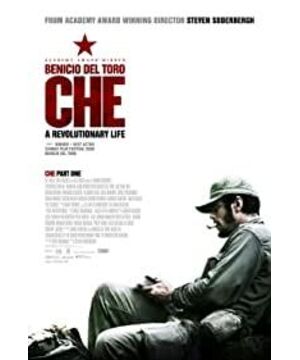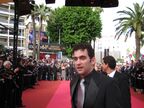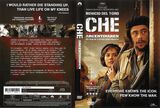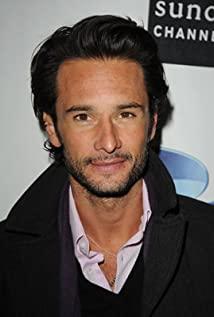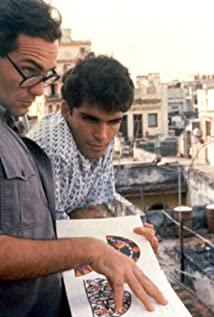"Argentina" crosses how Guevara participated in the Cuban Revolution and his activities in New York. The activities in New York are interspersed with the story in the form of black and white documentaries, which appear more real, but still have a certain influence on the fluency of the story. . "Guerrilla" is more watchable, highlights the story, and the portrayal of characters is not as good as the first. In "Argentina", we see Che Guevara's dedication to revolution, the ideal of revolution in his life and the meaning of survival. In the documentary part of the film, in his speeches and interviews with reporters, Che Guevara continued to give rational logic to his purely revolutionary ideal, and his revolution also made people feel that there are some convincing things . At the same time, in the Cuban Revolution, he only existed as Castro's supporting role, and his pure revolutionary ideal gradually had a realistic foundation in the continuous running-in with Castro's realistic requirements for seizing power. Revolutionary ideals became Castro's best helper to realize his ideals.
When helping Castro to carry out the Cuban revolution, he reached an agreement with Ka, after the success of the Cuban revolution, let Ka help him leave Cuba and go to other parts of Latin America to carry out his revolution. In the second episode "Guerrilla", he came to Bolivia alone to carry out his revolutionary ideals and experiments. Without Castro's realistic background and correction, Che Guevara's pure revolution would have been a little stumbling. He had to face the question, why revolution? That is the question of what the purpose of the revolution is. Is the purpose of revolution still revolution? Continuous revolution, so where is the end of revolution? It is difficult for him to answer these questions, so his pure revolution is absurd.
For his followers, revolution is an exciting ideal, but after the excitement, there will always be realistic demands. This is also human nature, but human nature is not pure. It is because of its diversity that human nature makes the world full of colors. Whoever fights against human nature is like Don Quixote fighting against windmills. Although it is full of ideals and passion, But it makes people feel ridiculous. Che Guevara cannot promise his followers a realistic future, then empty slogans will no longer be useful, and his failure will be inevitable. At the end of the film, he is arrested, locked in a dark room, and can only lie on the ground. Although he feels heroic, it is also sad. After his death, the helicopter flew over the Bolivian sky carrying his body, still lush green mountains below. The mountains and rivers are still there, but his purely revolutionary ideals have vanished with him. Isn't this a great irony?
Castro doesn't have many scenes in the film, but he happens to be a reference to Che Guevara. His pursuit and understanding of the revolution may not be as good as that of Che Guevara, but he is very realistic and knows what Cuba needs and what he needs. The ideal serves the reality and can only be used as an ideal. The revolution is full of cruelty. In Castro's eyes, ideals have to make way for reality, so he succeeded. In Che Guevara's eyes, ideals are above everything else. No matter what difficulties he encounters, he must stick to his ideals, so he has to dedicate himself to his ideals, become a tragic figure, become a hero, and become a pure revolutionary incarnation. This is true in Cuba, isn't it true in China? The hero falls before the ideal, while the realist enjoys the fruits of the victim. Therefore, in this sense, Che Guevara transcended ideology and became the idol of the petty bourgeoisie all over the world, because the hero is always full of tragic.
View more about Che: Part One reviews


